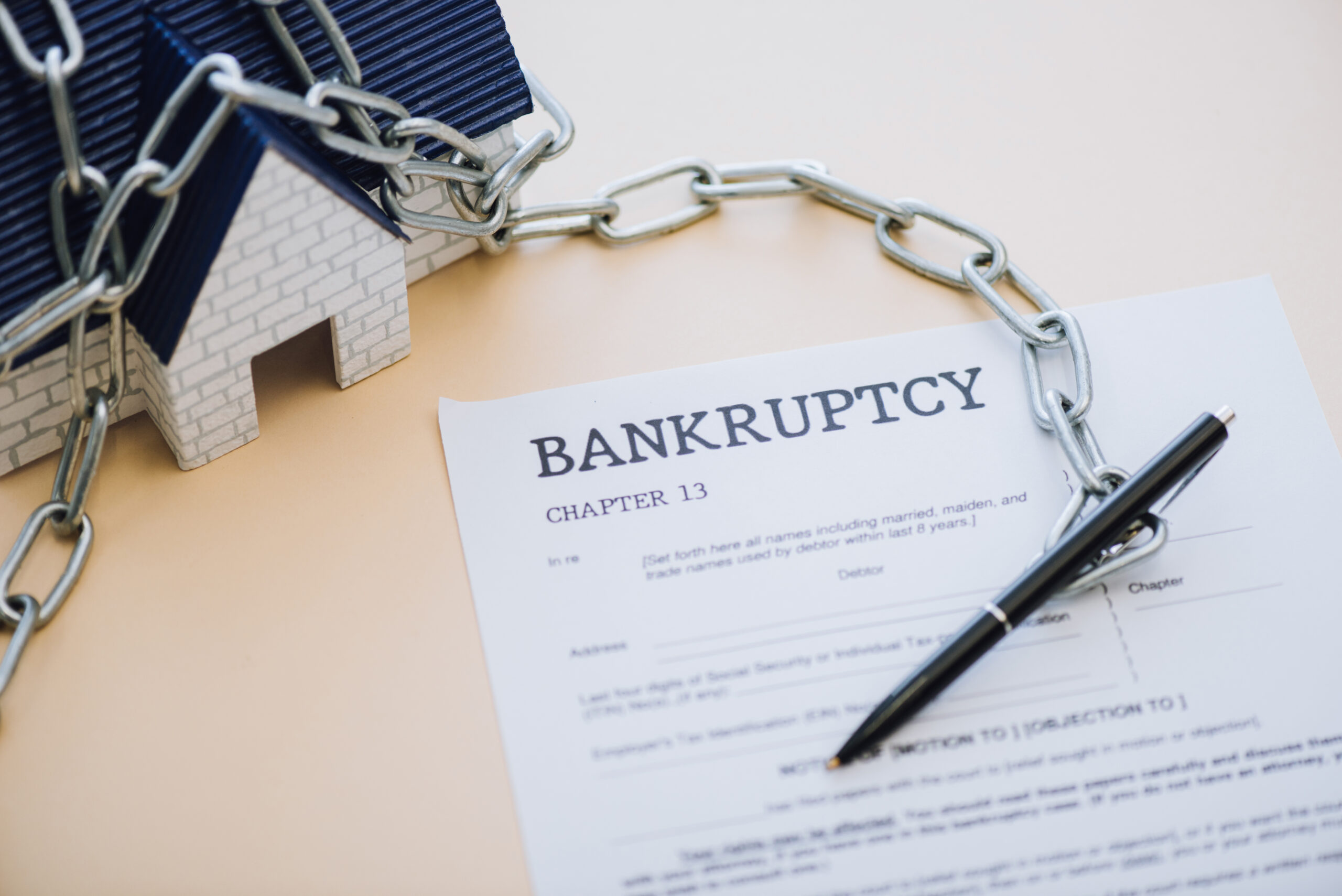Unfortunately, missing even just one Chapter 13 payment can result in significant consequences. Please continue reading as we explore the consequences of missed payments and how our determined South Dakota Chapter 13 Bankruptcy Lawyers can assist you.
What is Chapter 13 Bankruptcy?
Generally, Chapter 13 bankruptcy is a viable option for individuals with regular income who meet specific debt requirements. You can qualify for Chapter 13 as long as your unsecured debts are less than $526,700 and secured debts are less than $1,580,125. This type of bankruptcy allows individuals to restructure their debts by creating a repayment plan, typically lasting three to five years, instead of discharging all debts immediately like in Chapter 7 bankruptcy. Essentially, you can keep your property and pay debts over time.
What Happens If You Miss a Chapter 13 Payment?
Falling behind on your Chapter 13 payments can lead to serious repercussions. When you file for Chapter 13 bankruptcy, you propose a repayment plan to the court, detailing how you will pay your creditors back over time. This plan is verified by the court, and then you are lelgaly oblgiated ot make regular payments sot the bankruptcy trustee.
In most cases, if you miss a payment, the trustee will file a “motion to dismiss” your case with the bankruptcy court. This motion notifies the judge that you are not adhering to the terms of your confirmed repayment plan. After receiving this motion, the court will schedule a hearing. You will be informed of this hearing and provided the opportunity to appear before the judge to explain why you missed the payment and to present a potential solution. The judge will consider numerous factors, including the reason for the missed payment, your history of payments, and your ability to fix the default.
If you can catch up on your payments and demonstrate that you can make future payments, the court might allow your case to continue. If your financial circumstances have drastically changed, you may be able to request a modification of your current repayment plan. In some cases, you may agree to a “stipulation to dismissal,” in which you acknowledge your inability to make payments and agree to the termination of your case. If you cannot make up your payments or if the court determines you are not genuinely attempting to comply with your plan, your case will be dismissed.
What Are the Consequences of Missed Payments?
The dismissal of your Chapter 13 bankruptcy case can lead to the automatic stay being lifted, meaning your creditors can resume all collection efforts, including lawsuits, repossessions, and foreclosures. In addition, all of your debts will become due and payable. Although you can refile after a dismissal, you may face certain restrictions. For example, if your case was dismissed due to your failure to comply with court orders, there might be a waiting period before you can file again. Finally, a dismissed bankruptcy case will still affect your credit report, impacting your ability to secure credit in the future.
As you can see, missing a payment in Chapter 13 is a serious matter. Prompt action is necessary. Contact an attorney from 605 Bankruptcy, who can help you resolve the issue and continue your path toward financial recovery.



